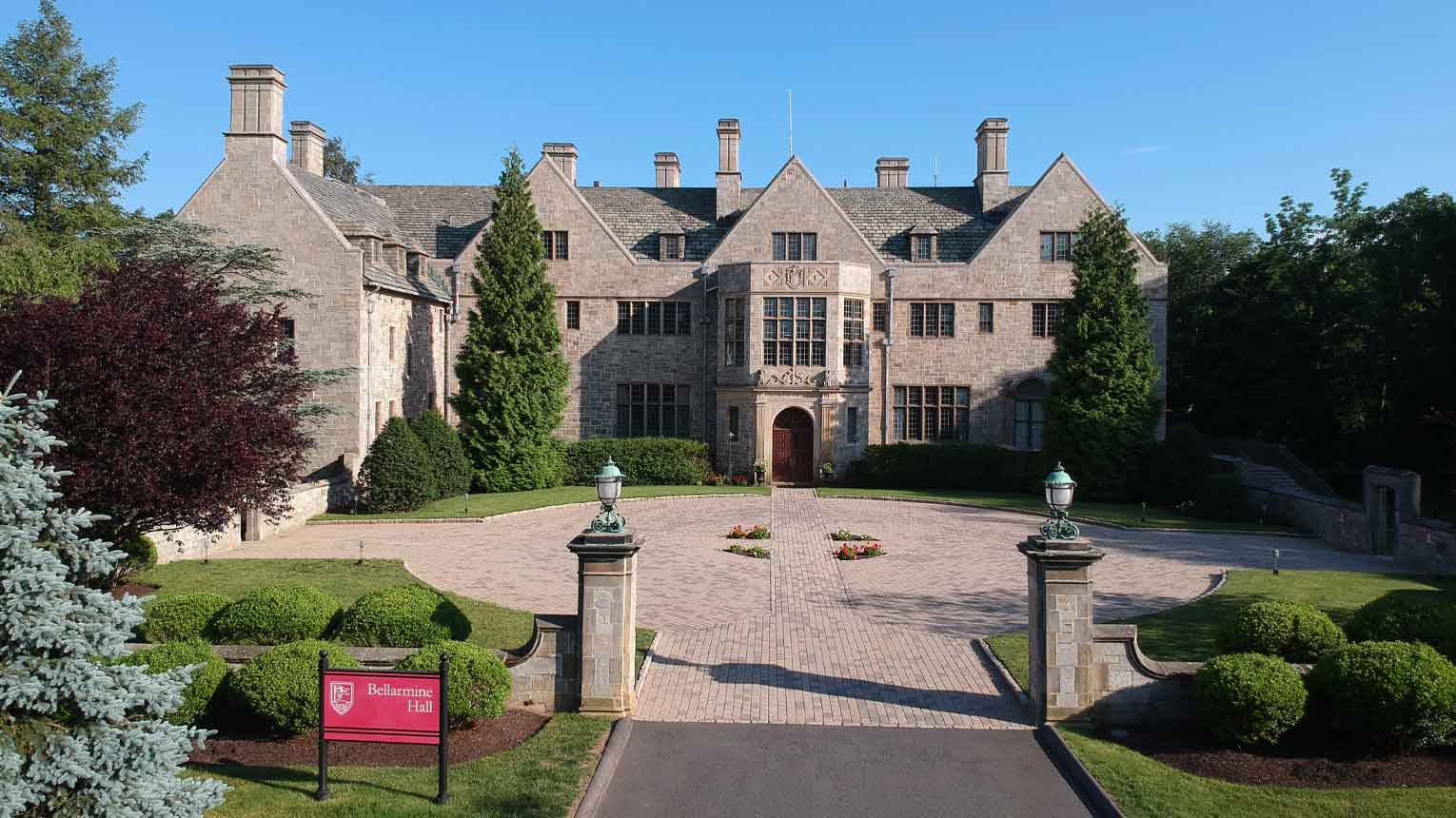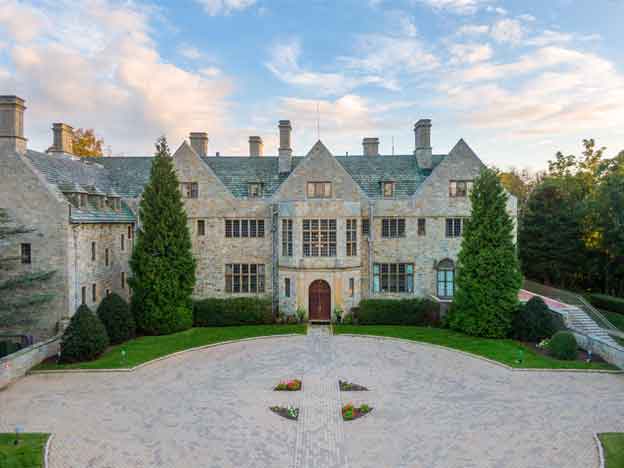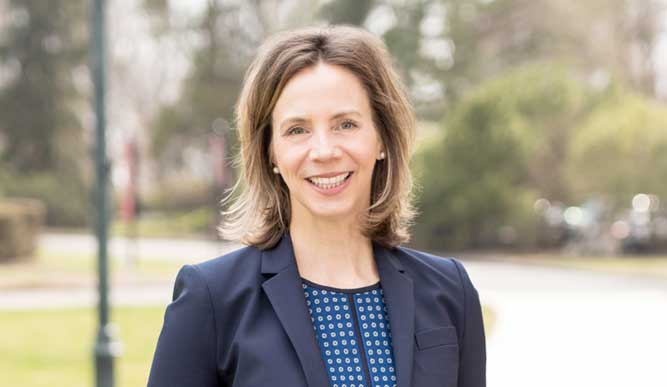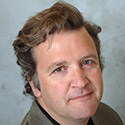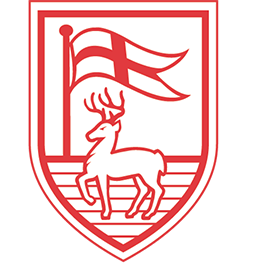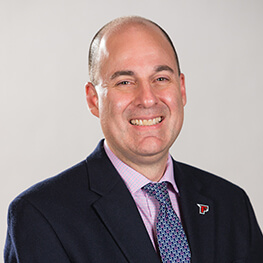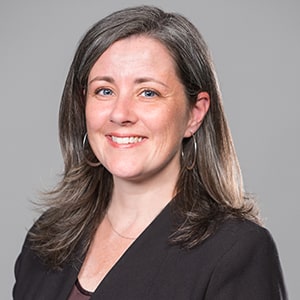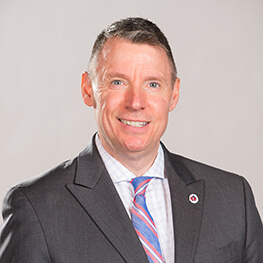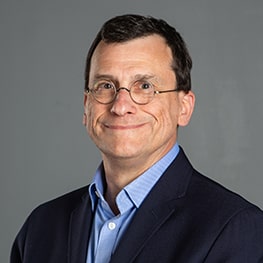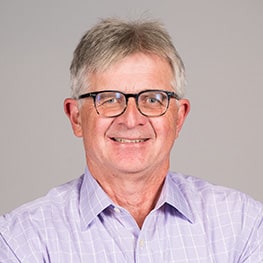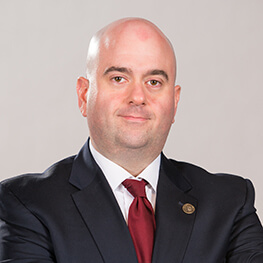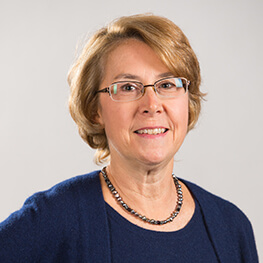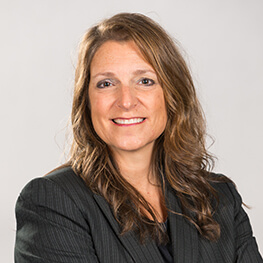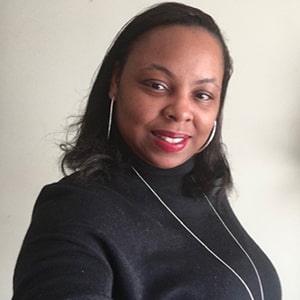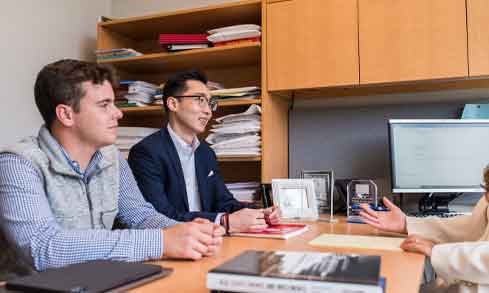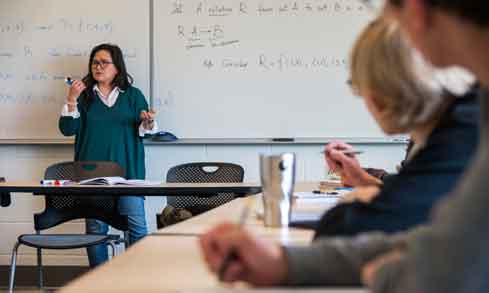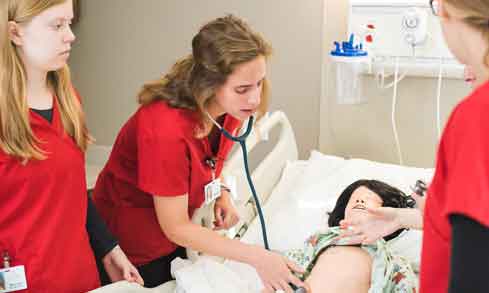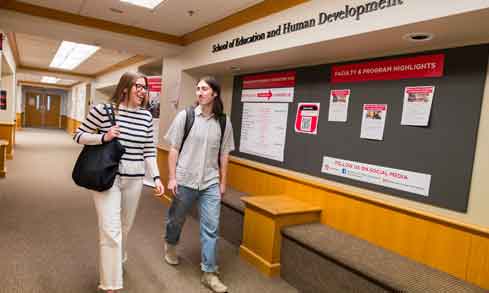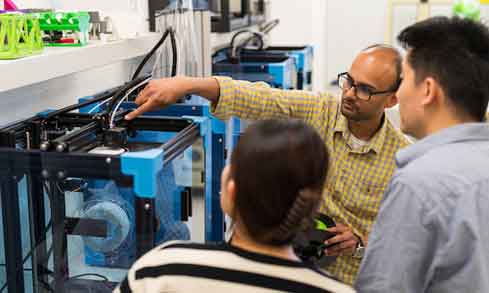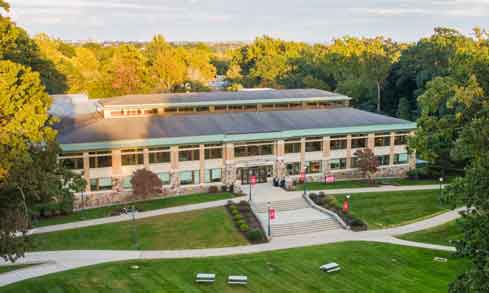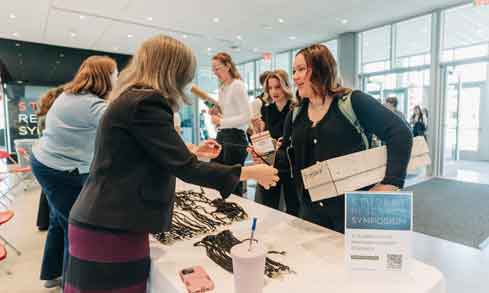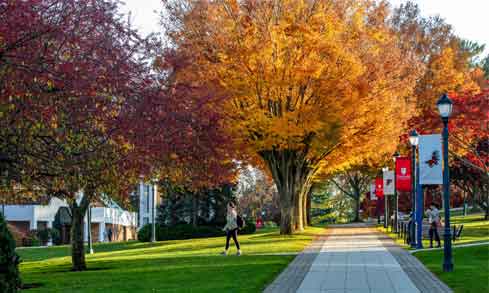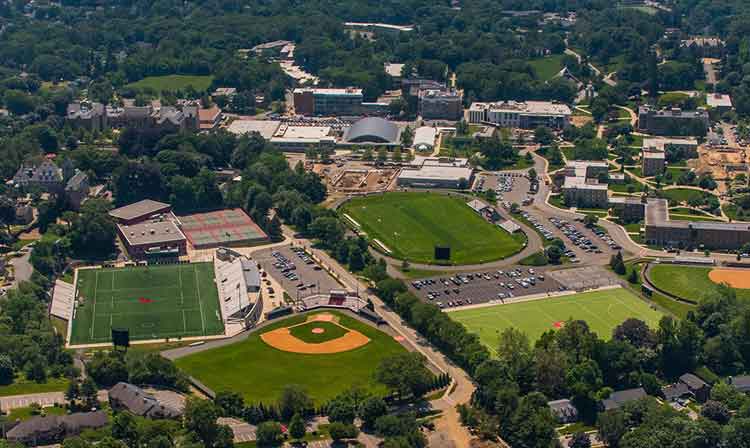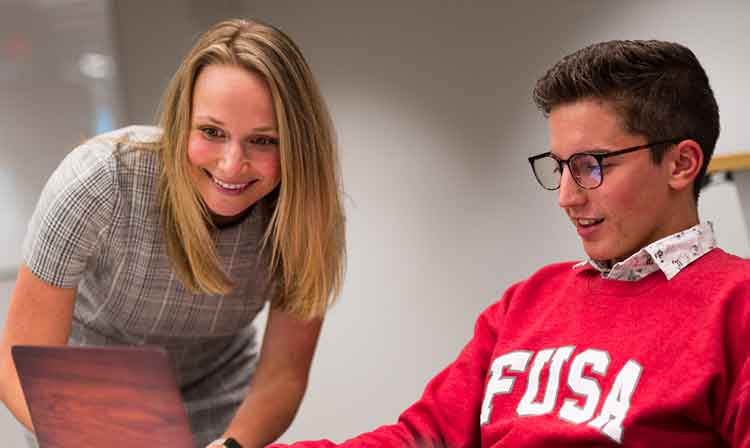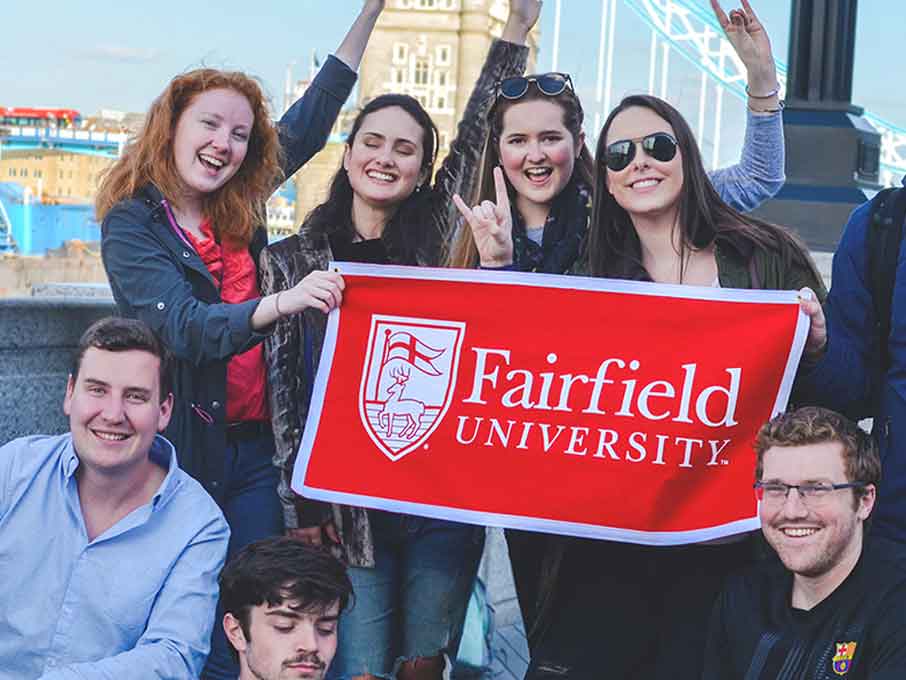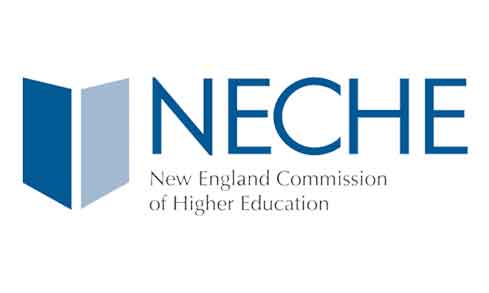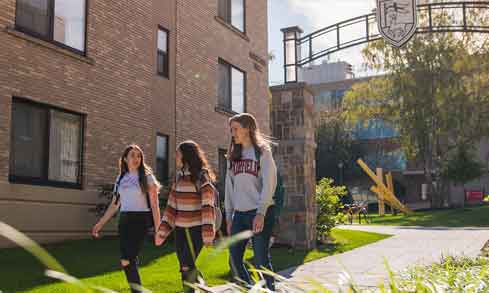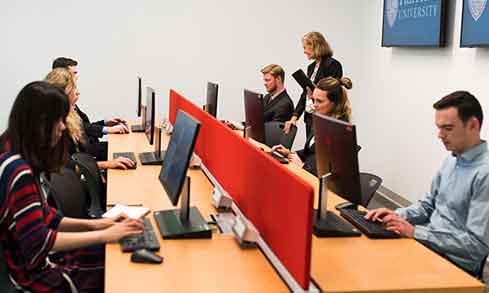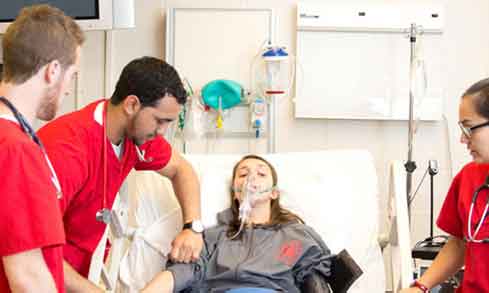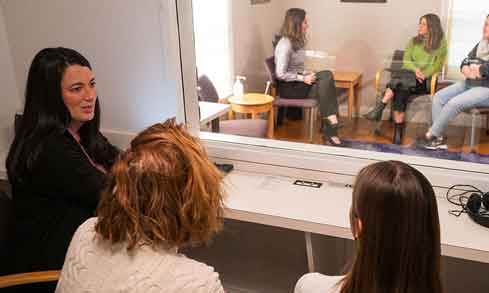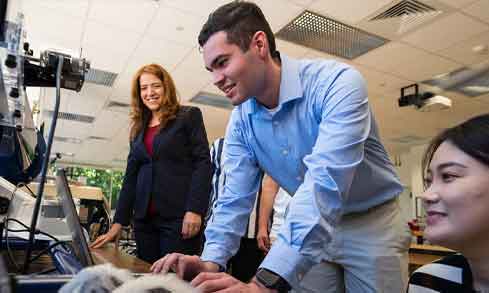Fairfield University understands that academic freedom applies to all faculty engaged in those activities (eg. classroom teaching, published research, production of artistic artifacts) that reflect the academic expertise of a faculty member. Unlike the narrower purview of academic freedom, freedom of expression applies to all of our community members, including students, employees, administrators, campus organizations, and invited speakers. These guiding principles for the freedom of expression at Fairfield University are to be understood and applied in such a manner.
Civil Discourse
Fairfield seeks for its members to model civil modes of discourse, a practice through which our students will learn to be proficient and integral citizens of a healthy democracy. We identify civil discourse to be respectful and considerate of the opinions of all individuals involved. Our University strongly encourages speech that adheres to this mode of discourse; and further identifies speech acts that fall short of these standards of civility to be antithetical to our Jesuit and intellectual commitments.
Fairfield's Intellectual Mission
Our mission statement identifies Fairfield University as a coeducational institution of higher learning committed to producing liberally educated persons able to assimilate and organize facts, to evaluate knowledge, to identify issues, and to use appropriate methods of reasoning. As a consequence, the free and rigorous exchange of ideas, debate, discussion, and disputation is vital to the intellectual mission of the University. However, such exchange ought to be grounded in and guided by the strictest standards of intellectual inquiry. Therefore, Fairfield University is a place where opinions are not just expressed, but tested and advanced through reason and study. We hold all speech on campus to this standard of rigorous intellectual inquiry; and see no place for discourse that directly challenges the values of intellectual inquiry expressed in the mission statement. We do not limit public discourse only to credentialed speakers, or those with formal training.
Respect for Basic Human Dignity
Our Jesuit mission acknowledges our obligation to respect the basic human dignity of all people, as we carry out our intellectual mission. Thus, we identify speech acts that denigrate the basic human dignity of members of our local and global community as both unwelcome and unprotected by free speech privileges on our campus.
Hate Speech
Hate speech, defined as any expression, spoken or written, in any public forum, which intimidates or threatens any group, or promotes violence against any group in the University community, contravenes the fundamental commitment of the University to the shared human dignity of all peoples, and is not acceptable at Fairfield.
Fairfield University's Jesuit Mission
Fairfield University's principles that guide free expression have as their foundation our Jesuit Catholic mission. As stated in our mission, "Fairfield University, founded by the Society of Jesus, is a Catholic institution of higher learning devoted to developing the creative intellectual potential of its students and fostering in them ethical and religious values and a sense of social responsibility. Jesuit education, which began in 1547, is committed today to the service of faith, of which the promotion of justice is an absolute requirement. Fairfield University is Catholic in both tradition and spirit. It celebrates the God-given dignity of every human person. It therefore welcomes those of all beliefs and traditions who share its concerns for scholarship, justice, truth, and freedom, and it values the diversity which their membership brings to the University community. Strong differences of outlook and opinion are the lifeblood of an intellectual community, and Fairfield welcomes any and every voice that respects the basic human dignity of all people."
Adapted from the work of the Provost's Task Force on Free Expression:
Kris Sealey (Coordinator)
William Abbott
Gayle Alberda
Catherine Giapponi
Alison Kris
Paul Lakeland
Jamie MacBeth
Thomas Murray
Nels Pearson
Adam Rugg
Stephanie Storms
Endorsed by the Board of Trustees (November 2018) and the Academic Council (April 2019).
